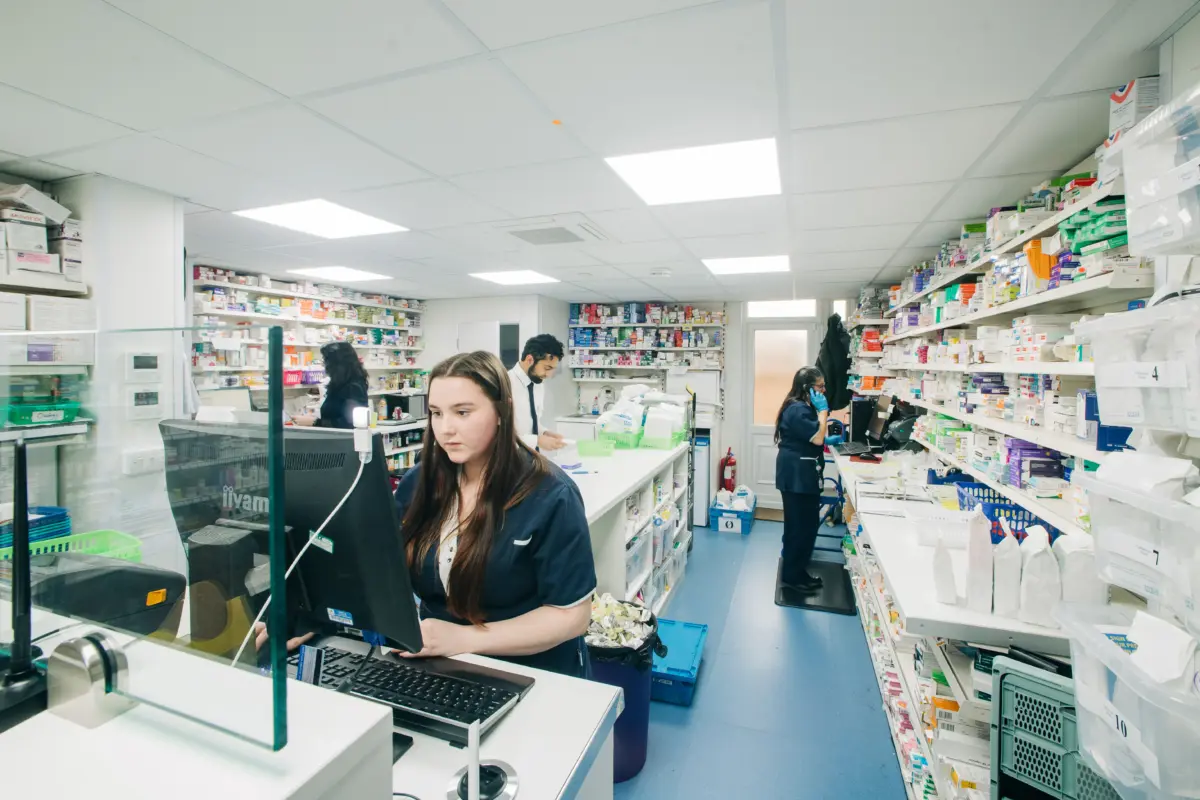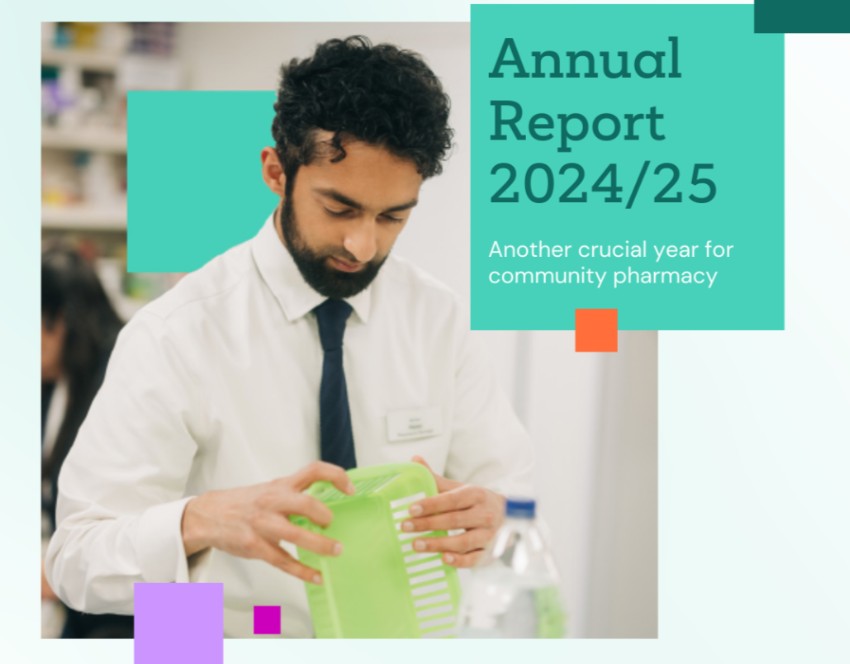Autumn Statement: PSNC calls for investment in pharmacies
The Chancellor of the Exchequer, Jeremy Hunt, has today (17th November) given his Autumn Statement, setting out Government spending plans.
The Statement promises that the NHS budget will be increased in each of the next two years by £3.3bn, going some way towards meeting the request of NHS CEO Amanda Pritchard. But the Chancellor made no specific pledges about supporting community pharmacy.
Other health commitments announced today include an independently verified long-term workforce plan and further work to tackle waste in the NHS. As part of this, the Chancellor announced that the Government would be taking advice from Patricia Hewitt, Chair of the Norfolk and Waveney Integrated Care System and a former Health Secretary under Labour, on how to make sure the new Integrated Care Boards operate efficiently.
PSNC submitted compelling evidence about the growing pressure on pharmacy and a strong bid for a fully funded pharmacy walk-in service during the CPCF Years 4 and 5 negotiations, and was frustrated by the refusal of Government and the NHS to move away from the five-year CPCF deal. We are continuing to work to make the economic case for pharmacy, including through the development of a new vision and strategy, through correspondence with ministers, and as we seek to influence the economic review of the sector that was agreed as part of the CPCF arrangements.
Our influencing strategy is also supporting this, with a Four Point Plan launched this week to help politicians and officials understand the unsustainable pressures that pharmacies are operating under and what needs to happen to rectify this.
Responding to the Chancellor’s Statement, PSNC Chief Executive Janet Morrison said:
“Another funding increase for the NHS is much-needed and welcome but it’s critical that community pharmacy receives its fair share of these monies. While NHS budgets have continued to tick upwards, pharmacies have faced significant real-term cuts since 2015 leaving contractors and their teams making unsustainable efficiencies to maintain service levels. Despite all the challenges, pharmacies have delivered all that has been asked of them, but enough is enough: pharmacies have been squeezed to their limit, and this is now having a worrying impact on patients as well as on the health of contractors and their teams. Government and the NHS must put this right by investing in pharmacies now to support services that patients need and value, to relieve pressure elsewhere in the NHS, and, in the long-term, to save the health service money.”







